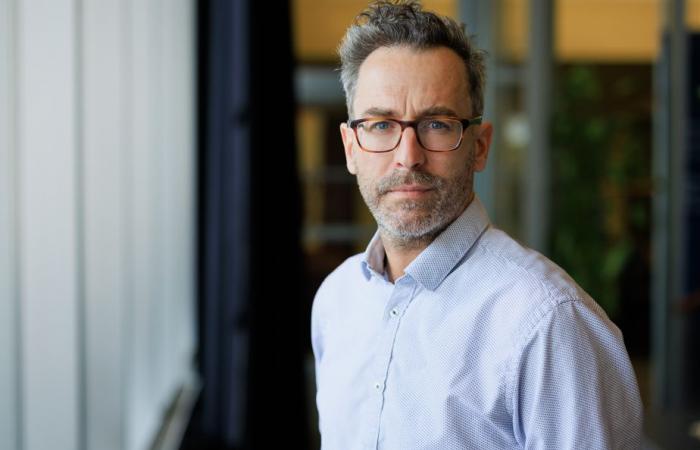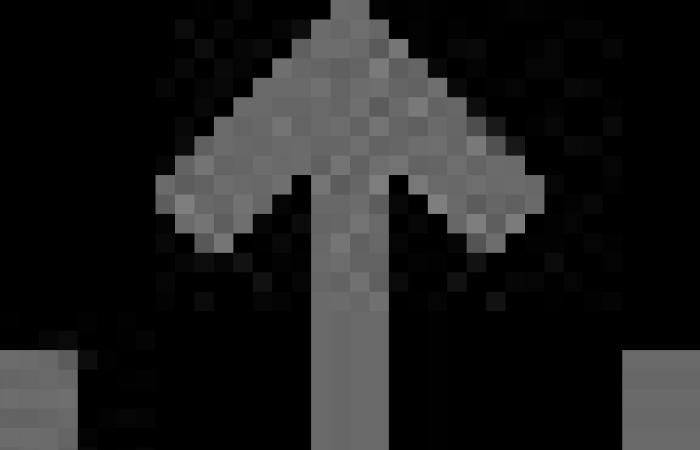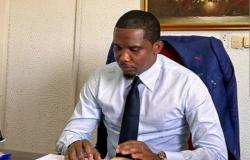The debate on artificial intelligence does not belong only to computer scientists and its promoters, but to society as a whole. Prolific researcher and excellent popularizer, Jonathan Roberge, full professor at the National Institute of Scientific Research (INRS), hammers home this message in every forum. Interview.
Published at 12:44 a.m.
Updated at 6:00 a.m.
You write that “other voices exist that are arguably more critical and deserve to be heard” in the artificial intelligence (AI) debate. Has it been monopolized by certain groups?
The message is truly one of decentralization and openness to participation. It is the fruit of four, five or six years of research on my part, on the part of my teams. We realized that indeed, in the first phase, let’s say from 2016 to 2020, there was a quasi-monopoly of the discourse on artificial intelligence, a justification for the arrival of this technology, with a certain form of technochauvinism.
In 2016, this technology was emerging. Was there room for criticism, when we didn’t even know exactly what she was capable of?
The real question is: how to get past this stage? Who are those who have spoken so far? Computer scientists, developers and technologists, mainly. Shouldn’t there be more civil society actors? The associations, for example, in all regions of Quebec, have spoken relatively little. If you think about it, it’s quite Montreal-centric. Can we talk, for example, about the people who are affected by these technologies?
Over the past two years, there has nevertheless been the appearance of a form of criticism of AI, especially its ethics. You find this criticism insufficient. For what ?
What you have had, especially in recent years, is for example this letter asking for a six-month moratorium. It is not a radical criticism. It is a form of self-criticism from certain players from the industry. We have often seen what is called in Englishethics washing, principles which were quite vague and not very restrictive. What we saw, among others with the Montreal Declaration, was a very laudable exercise, but which had no capacity for constraint. People used that to say: “Yes, but we, in Montreal, are doing responsible AI. » But no one has been able to define what responsible AI is.
Should we question the very notion of using AI?
I like to say that we sociologists are neither priests nor apostles, we are not here to judge. I don’t have to tell you if it’s right or wrong, I’m not an ethicist. What I’m trying to tell you is that there is a social need to understand this better. And it is not by saying: “It’s black or it’s white”, “it’s good or it’s bad”, that the debate should be organized.
People who are critical are not anti-technology, conservative or retrograde. What they are saying is: “Let us not be willfully blind. » Let’s try to go to the end of the reflection on what is our present, but above all what is our future.
What are the blind spots in this debate? If we opened the door to other voices on AI, what would we hear?
This is a good question, and which is very linked to what we said earlier on the relatively vague aspect of ethical speeches and promotional speeches, in which we say that AI is responsible, good for development. economics of Quebec society. This is a speech on which we should turn the page. We should say: “What is practical and concrete, here and now, from a collective local point of view? »
An example: you concretely have an AI which is frankly American, which has an economic model, a Silicon Valley model of understanding. We created in Quebec, for economic, but above all cultural reasons, a dubbing industry in which it is Quebec actors with Quebec voices who translate things so that we can listen to them. What you have today is the technological capacity to completely eliminate this Quebec dubbing industry.
How do you integrate into your thinking the fact that at the moment, a media that you have cited several times as being one of the responsible for this imbalance, The Pressopens its pages to you?
I don’t see myself as a judge of the media or even of the merits of this AI technology. I am sincerely optimistic about this possibility of a new phase of maturity. The media, civil society, all cultural, political and economic actors must be able to have a balanced, thoughtful discussion, in which we will be able to say that this technology is not appropriate. take it or leave it.
In fact, it is a call for more dialogue and debate, period. We must in a certain way be more humble and more able to say that there are debates, there are disagreements, we must succeed in making room for criticism. Because this technology is neither perfect nor absolutely demonic, it is exactly between the two. She deserves criticism.
For brevity and readability, this interview has been edited.
Who is Jonathan Roberge?
- Author since 2001 of around fifty works, articles and studies focusing mainly on the social repercussions of technologies.
- Obtained his doctorate in sociology from the University of Montreal in 2006.
- Became a full professor at the National Institute of Scientific Research (INRS) in 2012.
- Co-holder since the beginning of June, with his colleague Destiny Tchehouali from the University of Quebec at Montreal (UQAM), of the brand new Quebec Research Chair on French-speaking artificial intelligence and digital technology.







